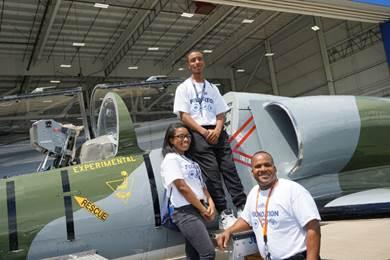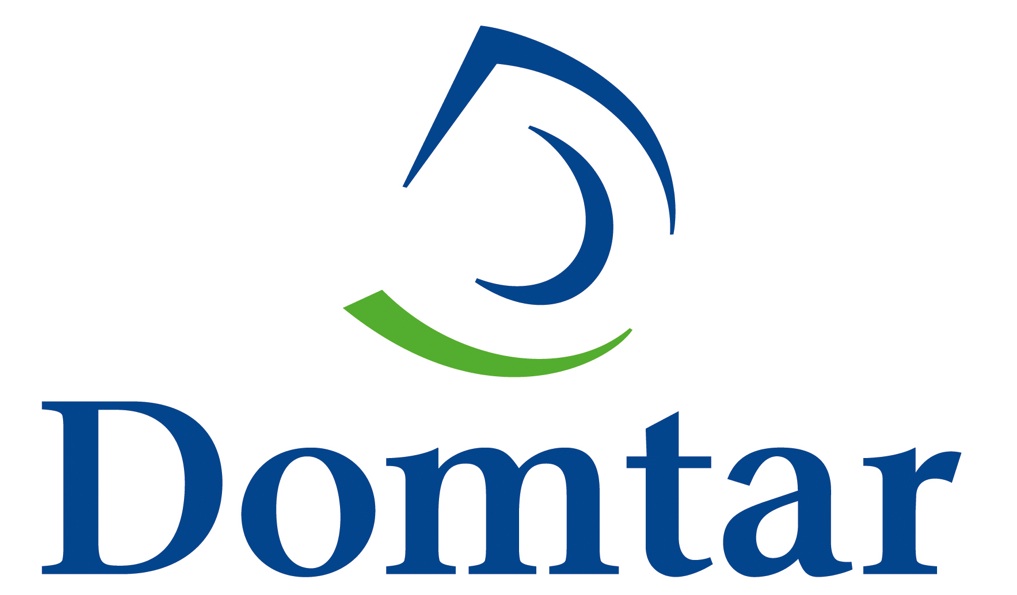What Does Domtar's Johnsonburg Mill Put in the Clarion River? How About 10,000 Trout
Domtar's Johnsonburg Mill raises and releases 10,000 trout annually into the Clarion River
To be honest, Rick Zelehoski didn't think the plant manager would go for a fish nursery in an old filtration building. But why not ask?
In 1992, he posed the question to his boss at the Johnsonburg Mill, which was then part of Willamette Industries.
"I had been to some other fish nurseries and thought it could be a good use of the building," he said. "I was actually pretty surprised it came to be, but we made it a cooperative effort with the company, the employees and retirees and the Pennsylvania Fish and Boat Commission."
It was an unusual arrangement, but a beneficial one. Zelehoski and his colleagues enjoyed taking the fingerlings and raising them.
The building, originally built in the early 1900s, has undergone significant renovations. The volunteer group built two raceways – 88 feet long and 4 feet wide – that sit above the floor, where the young brook, brown and rainbow trout flip and flop and swim.
When Domtar acquired the mill, the tradition continued. About 25-30 volunteers feed the fish twice a day and keep an eye on their health. Some are current mill employees; others are retirees who enjoy coming back to the nursery.
When the fish reach an appropriate size, they are released into area springs. About 10,000 are released each year. The cooperative nursery has received awards from the state for its success.
"Our fish are talked about all over the region," he said. "Ours are bigger. People know they came from our nursery."
For some children, a Domtar trout may be the first fish they catch. In each of the past several years, the fish nursery has hosted a family day and spring fishing event for children of employees.
TomBob Outdoors "Friends in Wild Places," a cable outdoors show, is featuring the fish nursery and its contribution to the community.
Charles DeWitt, quality and technical manager at the mill, said the nursery is a highlight when groups visit the mill for tours, and it opens the door to conversations about Domtar's commitment to sustainability and to communities.
"People take great pride in it," he said. "Everyone enjoys seeing it, and it can help them see our mill and our industry in a different light."
Zelehoski, who is planning to retire from his maintenance job at the mill this year, has said he, too, will be back for feeding. He says he used to enjoy trout fishing, but hasn't done it much in the nearly 25 years he's been working in the nursery. Maybe because he doesn't have as much time, or maybe, as his colleague DeWitt teases him, because he has named all of those little trout.
This Johnsonburg story is an example of Domtar’s Sustainable Forestry Principles in action. Domtar believes that the choices we make should leave the forests that we depend on, and the communities we’re a part of, better off for the long term. Learn more about Domar's Sustainable Forestry Principles here.




